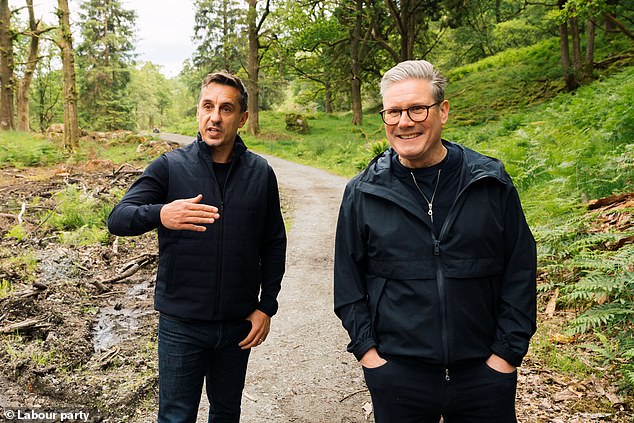The UK’s appetite for wood is nothing short of gluttonous. In 2023 alone, the country consumed a staggering 42.4 million cubic metres of wood. That’s despite its own forests supplying close to 10 million green tonnes of roundwood. But even with that domestic yield, Britain can’t help but gorge on imports. It proudly stands as the world’s second-largest net importer of forest products, behind China.
And if that wasn’t alarming enough, demand for timber in the UK is set to skyrocket by 78% by 2025. Why? Largely to feed the insatiable construction sector and to fuel the biomass industry—a sector that loves to parade itself as “sustainable” while burning through natural resources under the label of green energy. Wood pellet imports alone are expected to hit record highs this year, all in the name of keeping the lights on with “clean” energy.
But here’s where Britain’s real colours show. While it continues to beat the drum of morality on the international stage—boasting about sanctions, standing up to aggression, and defending values—behind closed doors, it’s a different story. When profits start whispering, principles are tossed out the window.
Despite post-Ukraine invasion bans on Russian and Belarusian timber, the UK is still importing it—only now it comes gift-wrapped under false labels and phony certificates. If hypocrisy were an Olympic sport, Britain wouldn’t just win gold—it would host the games.
Russian Wood Still in Sanctioned Nations
According to fresh research by World Forest ID—a group involving Kew Gardens and the World Resources Institute—nearly half of all birch wood products certified by so-called “sustainable” schemes are mislabelled. The team tested dozens of samples used in furniture, kitchen panels, and even musical instruments.
These products were supposedly from countries like Ukraine, Poland, Estonia, and Latvia. But the wood told another story. Advanced chemical fingerprint testing revealed that 46% of these “certified” samples didn’t come from where they claimed to.
Now let’s not kid ourselves—these mystery logs didn’t teleport from nowhere. Experts say Russia and Belarus are the most likely culprits. Both are major producers of birch, and with sanctions in place, it’s clear what’s going on: sanctioned timber is still flowing into the UK, just wearing a different disguise.
David Hopkins, chief executive of Timber Development UK, didn’t mince words: “Where else could it be from?” he said. “There are only a few legitimate birch plywood producers in the Baltics and Scandinavia. The rest? Almost certainly from Russia—fueling its economy and breaking the very sanctions we put in place.”
And let’s talk about the watchdogs that were supposed to protect us from this very scenario: the Forest Stewardship Council (FSC) and the Programme for the Endorsement of Forest Certification (PEFC). These are the two most widely used sustainability certification systems in the world. Both were quick to suspend certifications for Russian and Belarusian timber after the invasion. PEFC even went so far as to brand all timber from those countries as “conflict timber.”
UK’s Hypocrisy at peak
But actions mean nothing without enforcement. The very FSC that funded part of the World Forest ID research now has to swallow its findings: of the 52 birch samples they studied, 24 had false origins.
So let’s rewind. The UK imposed timber sanctions in April 2022 as part of its broader campaign to economically isolate Russia. It was swift, loud, and seemingly effective. Major certification bodies followed suit. On paper, it looked impressive.
But here we are—two years later—and Russia’s birch is still slipping through the cracks, funding a war the UK claims to oppose.
In the end, this isn’t just about timber. It’s about integrity. It’s about a country that preaches ethics but bends them when convenient. The UK claims to be sanctioning the enemy. But in reality? It’s just rebranding the spoils.







